|
Ear training, otherwise known as aural training or ear listening, is the process of honing and enhancing an individual's capacity to recognize, identify, and comprehend pitch, intervals, chords, rhythms, and melodies. This skill is crucial for developing musicianship, regardless of the instrument or musical genre. By developing these listening abilities, musicians can attain a more profound level of comprehension and connection with the music they create or perform.
0 Comments
It’s about that time of the year now as summer is winding down and high school students are having to prepare for their college applications. There are standardized tests that need to be taken, course schedules finalized, and college visits that need to be scheduled. If you’re a parent or a student during the planning process of what to look for, hopefully, this will help simplify the process.
Picture this: you have a test coming up. You go to the library or a café to study. You get there early, get your best markers out (the pastel ones), and open your book. There’s so much to do, you don’t even know where to start. So, you read and underline a bit, then get distracted, then stop working, and put off studying, ending up pulling an all-nighter before your assessment to prepare. Does this sound familiar?
Studying can feel like a dreadful chore to many. But it doesn’t have to be. So, let’s look into how to study effectively. Music is a language that needs exploration in order to be understood; it has the same importance as any other spoken language since it allows you to communicate. Language has grammar, pronunciation, and expressions; music has melody, harmony, rhythm, and form.
Even if you resist learning a new language even though you’re living in a new country or are unwilling to learn music theory because you just want to play the guitar, you’ll still need a pinch of knowledge to understand what is happening. So, what is music theory and why is it so important? Are you feeling overwhelmed with your own musical practice, or unsure how to help your students on their musical journey? Do you ever feel like you're staring at a messy room, not knowing where to start cleaning? Don't worry, this week's guide is here to help! We'll give you some tips on how to effectively practice and stay organized, so you can make the most of your musical journey. So let's get started!
Homeschooling and online school can seem very similar at a first glance. They’re both an alternative or complement to traditional schooling. And while they share some commonalities, it’s their differences that will affect a parent’s choice. So, how do they differ and why does that matter?
Homeschooling is a type of education that is parent-led and home-based, as the name suggests. Parents decide, for reasons we’ll discuss, that traditional schooling is not the best option for them, and take their children’s education into their own hands. There is some freedom for the parent to build their own curriculum, though in some states there’s mandatory testing that will condition what’s taught. Online school, also called virtual school or cyber school, is an umbrella term that refers to an educational service whose content is shared only through virtual means. This can include public and private online schools, university sponsored-schools, credit recovery programs, and any sort of specialized education that might be hard to find in your area. This specialized education can include upper education like nursing school and law school, and also education in subjects like language and music. Teaching music online may not sound like the easiest thing to do. How do you engage students? How do you help them solve problems when you’re not there with them? How can you show them examples when you’re limited to a tiny little screen? While there are some obstacles that we may encounter, there are a variety of benefits that actually make it so that you are able to create meaningful connections with students.
Now, sometimes, it is not an easy feat as we deal with a variety of different students. There are some students that take online music classes because they were ‘voluntold’. However, there are students who are genuinely interested and if you are able to create a meaningful connection, they will stay with you. Being able to create meaningful connections through music has always been important for me in my life. I remember the first time I was able to make someone smile by playing a piece that reminded them of something they had gone through recently or being able to inspire joy through sound. ‘El Sistema’ was one of the first musical projects that combined the idea of performance with social impact, which has since become a world phenomenon.
I had learned a great deal about its benefits while I had worked for the Philharmonie de Paris Projet Demos that was inspired by the teaching principles of ‘El Sistema’. Throughout the time I worked there, I had worked with great colleagues who helped guide me through the process, the importance of knowing each child’s individual story and why they were there, and have firsthand experience in helping facilitate community building with children who came from difficult home situations. Choosing a used clarinet can be a difficult and frustrating process. Unlike choosing a new instrument, used clarinets have had previous owners. It is important to have an idea of how long the instrument has been played and how the instrument has been maintained.
For first time buyers, shop around to see the different price options instead of purchasing the first instrument that appears to be the most inexpensive. Used instruments can be either purchased in a local music store or online. While purchasing an instrument online may be the most convenient and appear to be a better deal, it is more than likely that additional investments in repairs to the instrument will be needed if it has not been tested by the buyer. It is best to try to find a shop that is very selective in the used instruments they offer. One example of a shop that does this can be found here. When we think about an orchestra, there are many different types of instruments that create sound together. One of the instrument families that we are going to discuss today are woodwind instruments. Woodwind instruments are part of the larger family classified as wind instruments, which include the flute, oboe, clarinet, saxophone, and bassoon. Let’s learn more about what each instrument does in this week’s guide.
|
AuthorWrite something about yourself. No need to be fancy, just an overview. Archives
April 2024
Categories
All
|
Music & Language Learning Center |
Music Classes |
Language Classes |
MUSIC AND LANGUAGE LEARNING CENTER 2024

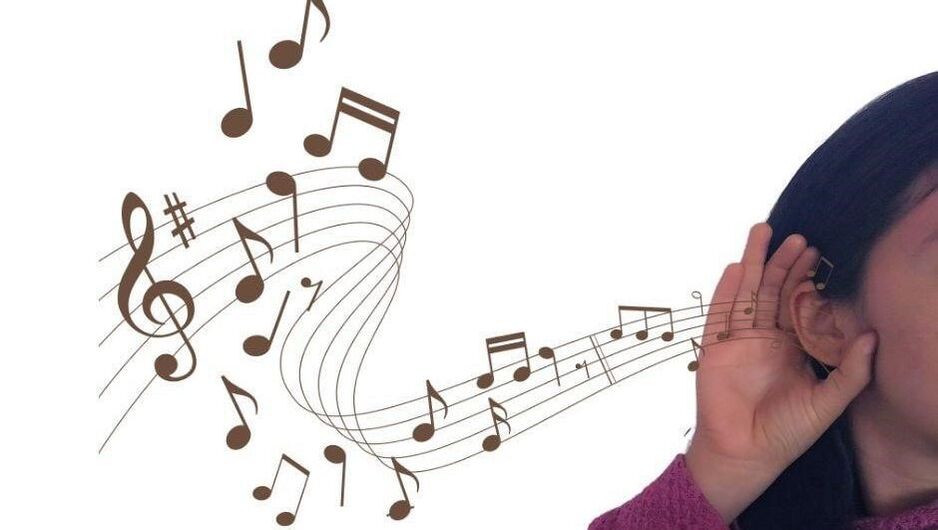



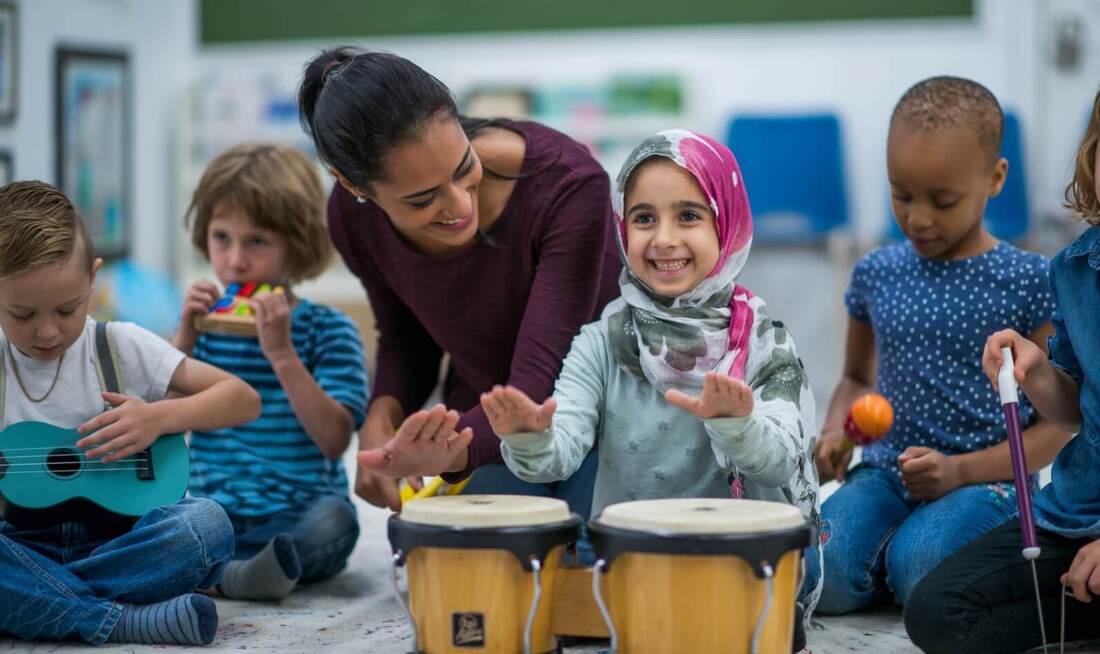
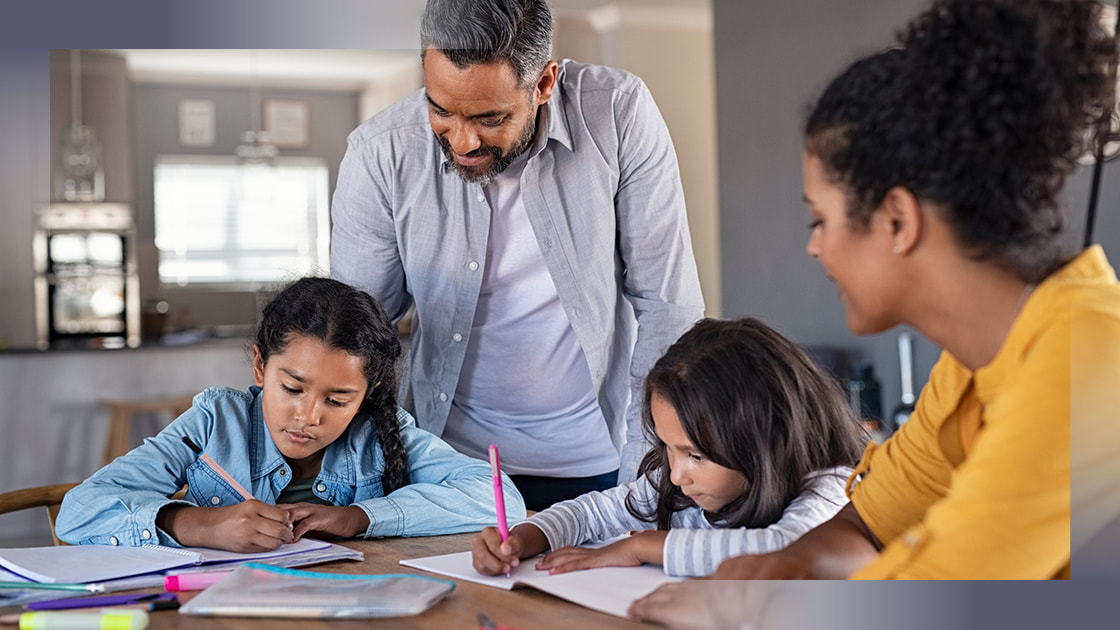

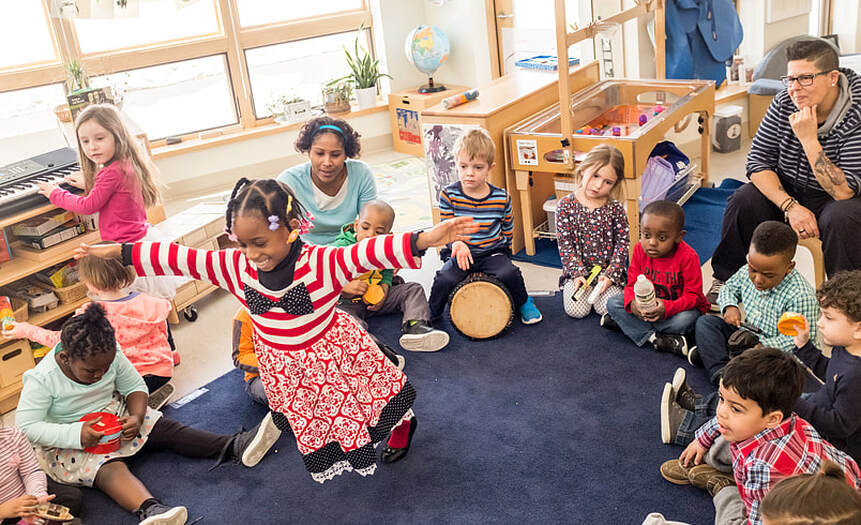
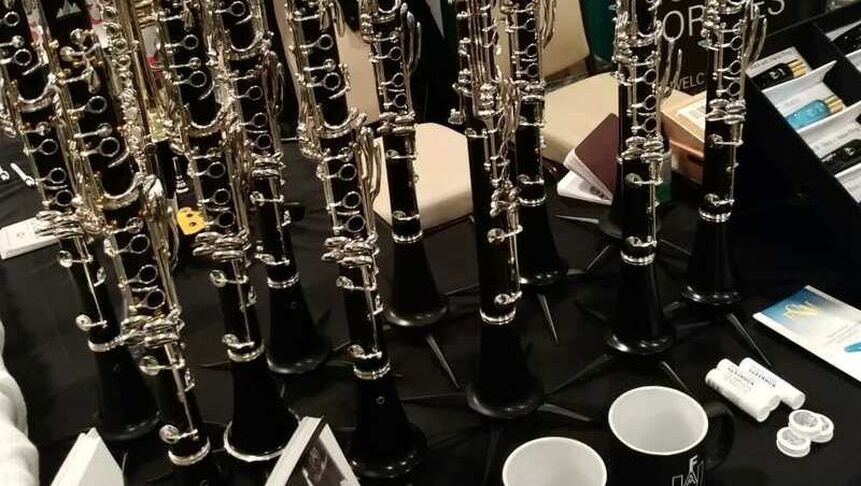

 RSS Feed
RSS Feed

